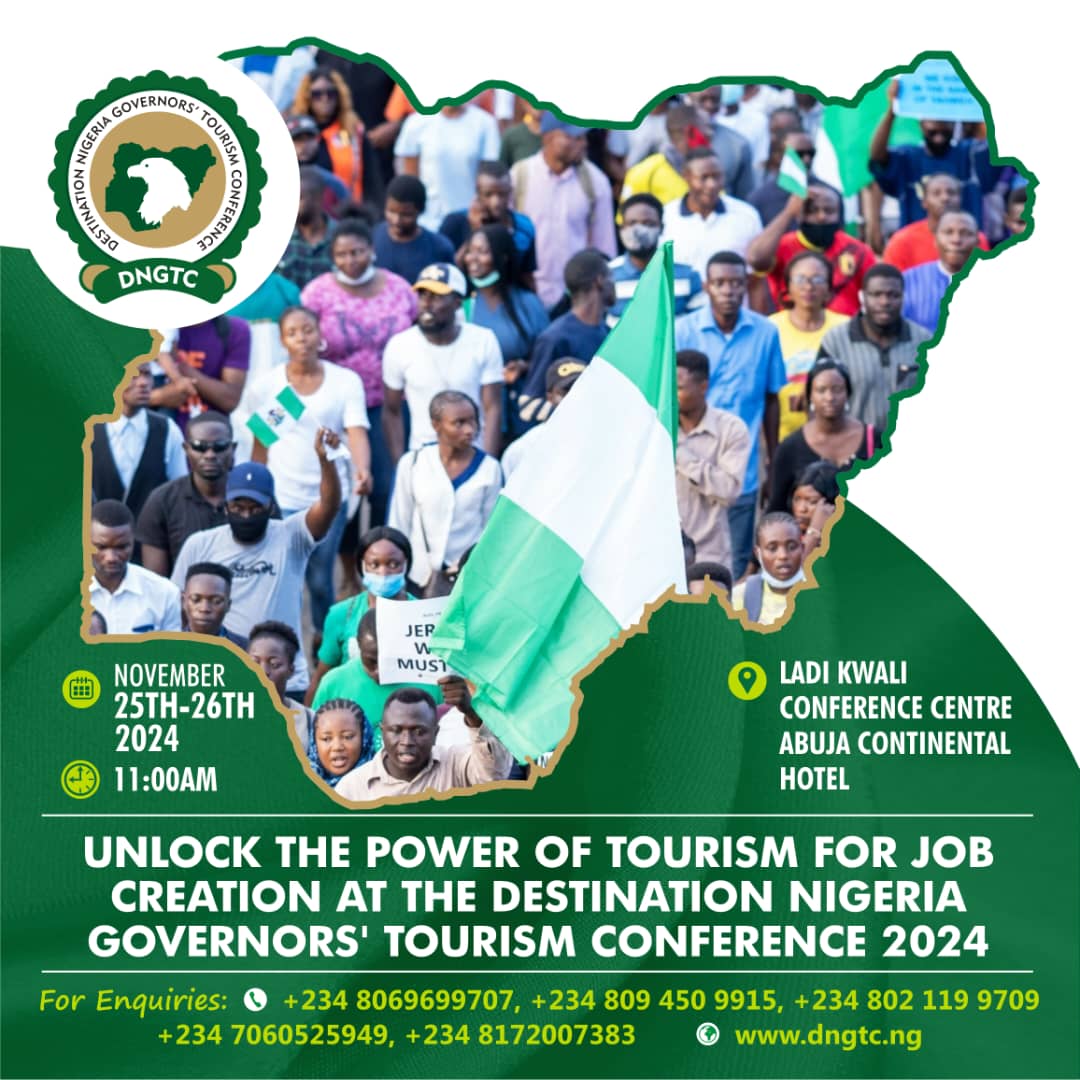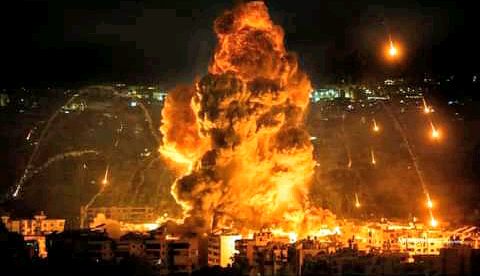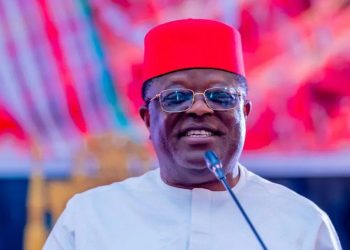The European Union Commission has said it preparing the return of its 45,000 nationals in Lebanon over the ongoing conflict between the Israel and Hezbollah.
EU High Representative, Josep Borrell who disclosed this at the EP plenary over the escalation of violence in Lebanon recently, revealed that the demand for returnees at this moment is not much.
Report of Hezbollah firing rockets at Israeli positions in the occupied Golan Heights on October 8, immediately after the 7th, in solidarity with Hamas.  Then [they continued] in Israeli territory, in an intense manner that has caused 45 deaths and about 70,000, according to ex-Defense Minister Mr. [Benny] Gantz, displaced Israelis from their homes and their territories.
Then [they continued] in Israeli territory, in an intense manner that has caused 45 deaths and about 70,000, according to ex-Defense Minister Mr. [Benny] Gantz, displaced Israelis from their homes and their territories.
Israel is now bombing Lebanon intensively, after a series of continuous exchanges of fire along the Blue Line. Its troops have entered Lebanese territory. The bombing is of extraordinary intensity.
He said the situation in Lebanon is deteriorating, adding that hundreds of thousands of people, about 20% of the population of Lebanon, have been displaced while the bombings have affected the communication routes with Syria.  According to him, “The number of civilian victims is estimated at around 2,000. The bombing in the city does not only affect the Shiite neighborhoods, where Hezbollah is supposed to have its infrastructure, but it affects very central parts of the city.
According to him, “The number of civilian victims is estimated at around 2,000. The bombing in the city does not only affect the Shiite neighborhoods, where Hezbollah is supposed to have its infrastructure, but it affects very central parts of the city.
“Syrian migrants, Syrian exiles, are trying to return to Syria to escape the situation in Lebanon – and that will not be without consequences for us. The European Union has mobilized 40 million [of euros] in aid to help those who have suffered from the events of the last week”, he stated.
Borell who called for ceasefire, said, “It is clear that a ceasefire would be essential through diplomatic means. It is clear that Lebanon has an internal political problem that must be resolved by the Lebanese themselves.
Adding that the state of institutional weakness has lasted for decades and it is the elites of this country who bear enormous responsibility. “In fact, Lebanon’s strongest institution, which is the backbone of the country, is its army.  “But this army has enormous weaknesses, even from the point of view of its financial capacity to pay its soldiers. Several foreign countries help finance its troops.
“But this army has enormous weaknesses, even from the point of view of its financial capacity to pay its soldiers. Several foreign countries help finance its troops.
“Certainly, its military capacity does not allow counter balance that of Hezbollah, much less defend the territorial integrity of its country against an invasion or an attack by its neighbor, Israel”, he said.
EU Rep insisted on the point that without a strong commitment to political reform within Lebanese society by Lebanon’s political actors, Lebanon is hopeless. “No one can replace them in doing what only they can do.
“It is Lebanon’s political class that has to take control of that country and lead it. It now seems that, in the face of the enormous difficulties caused by the bombings on both sides of the border and, more recently, the intense bombings in Beirut. “As is the duty of any country and any army of an independent country, it is to protect its border. We’ve made financial commitments to help the Lebanese forces, through the European Peace Facility.
“As is the duty of any country and any army of an independent country, it is to protect its border. We’ve made financial commitments to help the Lebanese forces, through the European Peace Facility.
“But it is certainly not enough. Much more needs to be done, assuming there is an ‘intra-Lebanese’ consensus to do so”, EU High Representative said.
Borell narated that Israel has invaded Lebanon three times, in 1978, from 1982 to 2000 the second [invasion], in 2006 [it was the third,] and now the fourth.
“Hezbollah was born out of the 1982 invasion, and evolved greatly, from early resistance force to an organisation with enormous ties to Iran.
“As I said, to become a state within a state. It seems to me that, without strengthening the United Nations forces, it will be very difficult to restructure the region and prevent the Lebanon from becoming a new Gaza in terms of the intensity of the war it can withstand”.
EU prepares to evacuate 45,000 nationals in Lebanon amidst conflict
Please login to join discussion










